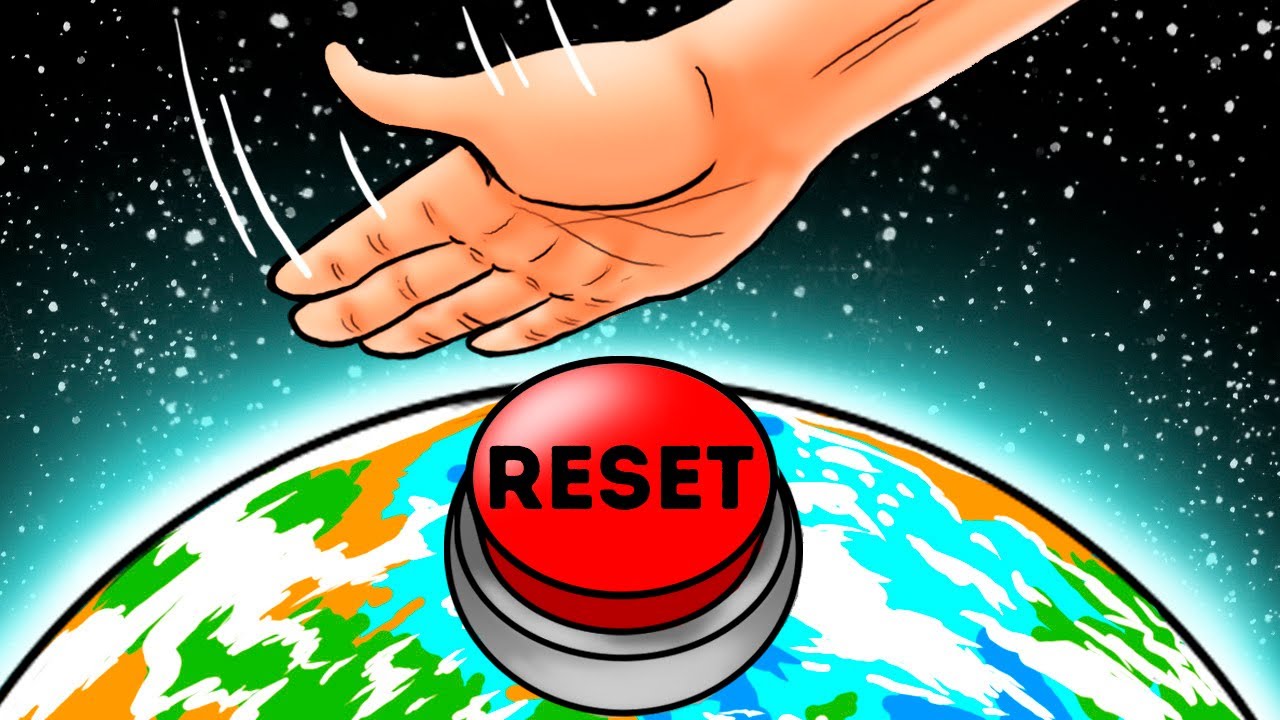However, the notion that a "Great Reset" is not happening by 2030 can be argued from several perspectives:
1. Misinterpretation and Misinformation
The "Great Reset" has been the subject of numerous conspiracy theories and misinformation. These theories often exaggerate or misinterpret the goals and statements of global organizations like the WEF, suggesting that they are planning a radical overhaul of society by 2030. In reality, the "Great Reset" initiative is more about discussing ideas and strategies for sustainable development and economic recovery, not an enforced global transformation.
2. Complexity of Global Change
Global changes, especially those involving economic and societal structures, take time and are influenced by a multitude of factors, including politics, economics, culture, and public opinion. Even if certain ideas related to the "Great Reset" are being discussed or promoted, their implementation would be gradual and subject to many challenges and revisions.
3. Lack of Universal Consensus
The "Great Reset" as proposed by the WEF involves a broad agenda that includes economic reforms, environmental sustainability, and social equity. However, there is no universal consensus on these goals or the methods to achieve them. Different countries and regions have varying priorities, and global cooperation on such a scale is difficult to achieve.
4. Political and Economic Realities
The global political landscape is highly fragmented, with different countries pursuing their own interests. Major global powers often have conflicting agendas, making it unlikely that a coordinated global "reset" would be implemented by 2030. Additionally, economic systems are deeply entrenched, and significant changes would require not only global agreement but also the restructuring of national economies, which is a complex and time-consuming process.
5. Economic Recovery Post-Pandemic
The COVID-19 pandemic has certainly prompted discussions about the need for changes in the global economy. However, as the world recovers, many countries and businesses are focused on returning to pre-pandemic levels of economic activity rather than pursuing radical changes. The emphasis is on rebuilding and stabilizing rather than fundamentally "resetting" the global economic order.
6. Incremental Progress vs. Radical Change
Even if some of the ideas associated with the "Great Reset" are implemented, they are likely to be incremental rather than revolutionary. Changes in areas like climate policy, technology, and social equity are happening, but these are part of ongoing trends rather than a sudden, coordinated reset.
7. Public Resistance and Democratic Processes
Any major changes to economic and social structures would require public support, and in democratic societies, this means going through political processes that can slow down or alter proposed changes. Public resistance to perceived threats to individual freedoms, economic stability, or national sovereignty can significantly impede any large-scale "reset."
8. Economic Continuity
Despite the challenges and disruptions of recent years, there is a strong tendency for economic continuity. Businesses, governments, and individuals are largely focused on maintaining stability, growth, and existing systems rather than embracing uncertain or radical changes.
Conclusion:
Its great that you're interested in the idea of the Great Reset! While a radical transformation by 2030 might be a bit optimistic, we can definitely expect to see some exciting changes in the coming years. Climate change, technological advancements, and efforts to address social inequalities will all play a part in shaping the future. So lets keep an eye out for these gradual shifts and work together to make positive changes within the current system. Exciting times ahead!


